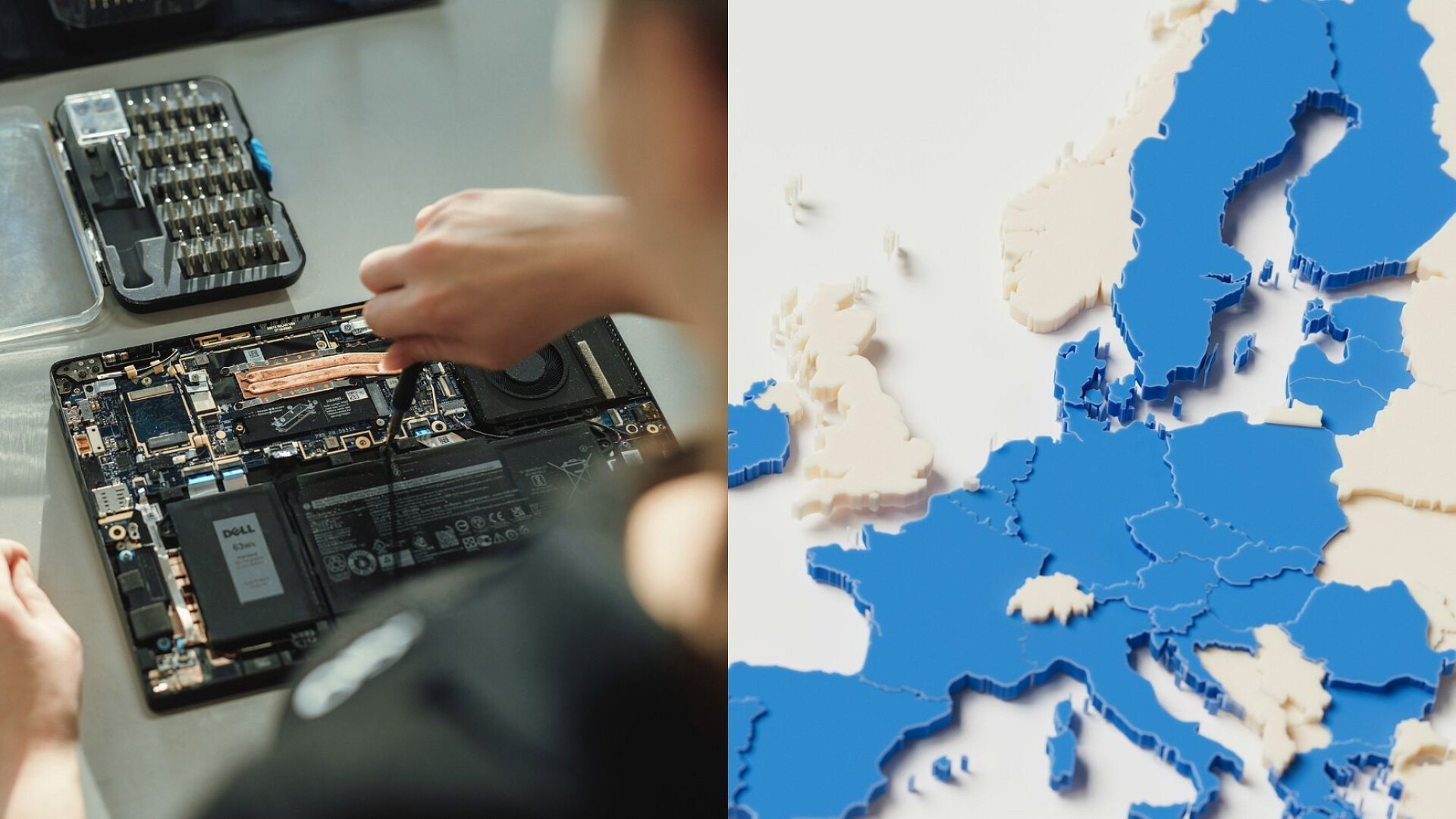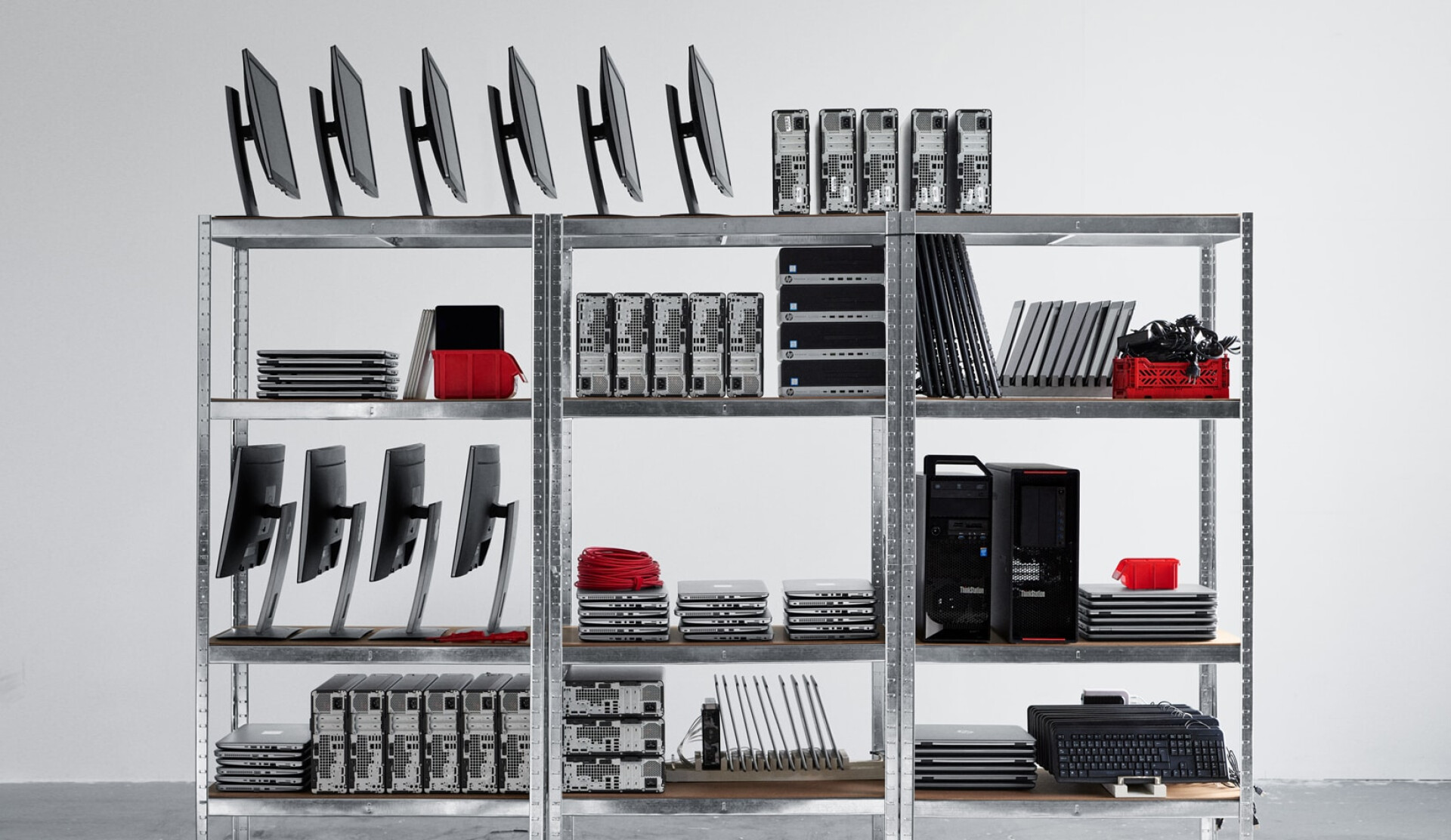Your laptop contains critical metals sourced from all over the world. Europe depends on natural resources from China, Russia, the Democratic Republic of Congo, and others. At the same time, Europe’s competitiveness is falling behind the other major world economies. In an era of overlapping crises—climate and geopolitics, to name just two—that dependence is a serious problem. Imagine instead keeping those resources inside the EU for as long as possible and utilising the full value of the products we already import. If Europe is to secure a sustainable future, it must become stronger, more competitive, and far less carbon‑intensive. That’s where circular IT comes in.
The 2024 Mario Draghi report on European competitiveness confirms that the EU is “falling behind” the United States and China in productivity and innovation .* To turn the tide, Brussels has identified several priority areas, including a shift to a circular economy. Europe’s remanufacturing market is already worth roughly €31 billion and is expected to reach €100 billion by 2030 **. That growth could create 700 000 new green jobs across the EU ***. “The absence of circular economy principles in the investment strategies and operational practices across the Single Market would perpetuate a linear economic model that is inherently unsustainable and inefficient,” warns Enrico Letta in his report Much More than a Market.
Inrego is one circular player that already generates many new green jobs in Sweden and Finland and thus boosts Europe’s competitiveness. Instead of buying brand‑new devices from other parts of the world, the company lets organisations and private consumers purchase computers that have been refurbished in the Nordic region. By extending the life of products, Europe extracts full value from the embedded resources. It’s all about maximising value throughout the entire lifecycle.
With a 20 % sales increase in the first half of 2025, Inrego shows how Europe’s IT second‑hand market is becoming an ever more important pillar of EU competitiveness. It’s high time policymakers and business leaders make more decisions that strengthen Europe’s resilience. Investing in Europe’s second‑hand IT market and keeping more capital inside the continent, is one concrete step.
Through circular IT, the same metals in every computer or smartphone can generate value in Europe again and again, instead of being scrapped after first use. That’s a win for you, a win for corporate budgets, and a win for Europe. Let’s make it happen together!
* Mario Draghi, The Future of European Competitiveness, 2024.
** Enrico Letta, Much More than a Market – Speed, Security, Solidarity, 2024.
*** European Commission, Circular Economy Action Plan, press release IP/20/420, 11 March 2020.

